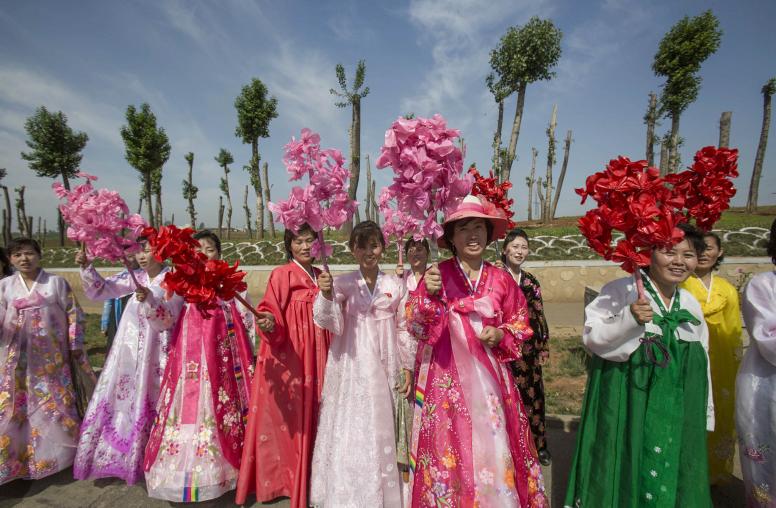Disabling DPRK Nuclear Facilities
While the October 3, 2007 Six-Party Talks accord outlines a roadmap for the disablement of North Korea’s core nuclear facilities, the specific details of the nuclear disablement process are still being developed. USIP’s Korea Working Group commissioned this Working Paper in order to facilitate a better understanding of nuclear disablement.
The October 3, 2007 Six-Party Talks accord outlines a roadmap for the disablement of the
Democratic People’s Republic of Korea’s (DPRK) core nuclear facilities. While an agreement
on “Second-Phase Actions for the Implementation of the Joint Statement” has been secured,
the specific details of the nuclear disablement process are still being developed.
The primary goals of this Working Paper are twofold. First, to establish a definition for the term
“disablement” which has only recently achieved widespread usage in the disarmament and
nonproliferation community. Second, to outline the types of steps that will or could be taken at
key facilities in the DPRK to achieve various disablement objectives.
This Working Paper was commissioned by the Korea Working Group (KWG) at the U.S.
Institute of Peace. The KWG brings together the leading North Korea watchers from the
government and think tank communities to discuss pressing policy issues in the political,
security, social, and economic fields.
The Chair of the KWG is Ambassador Richard Solomon. The Director is John S. Park.



